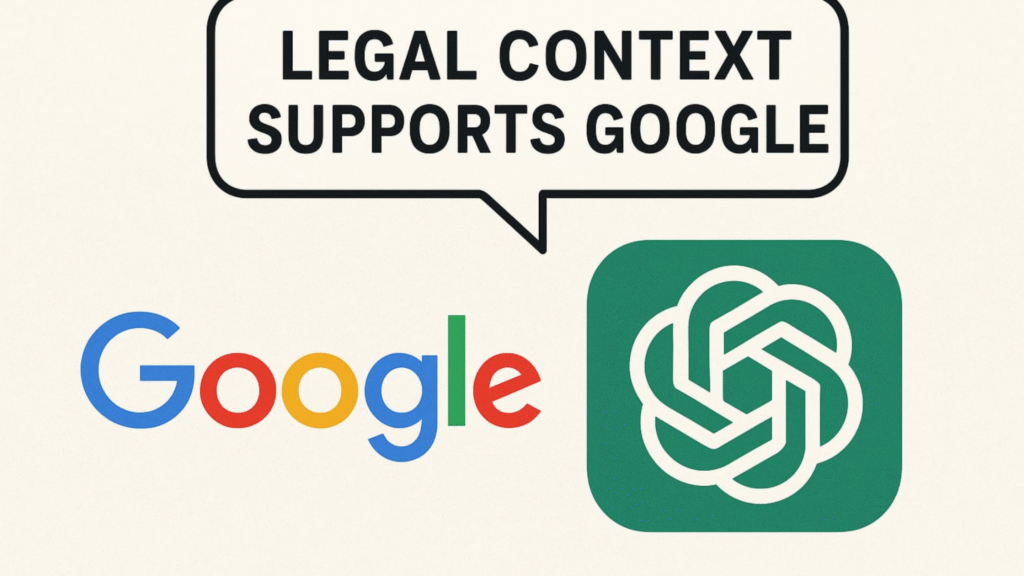OpenAI has officially launched ChatGPT Atlas, a new AI-powered web browser designed to challenge Google Chrome’s dominance. The move aims to leverage OpenAI’s 800 million weekly ChatGPT users, integrating AI tools directly into browsing. Atlas collects insights on users’ browsing behavior and provides AI-driven summaries, product comparisons, and automated tasks, signaling a shift from traditional keyword-based search to conversational AI.

How ChatGPT Atlas Stands Out
Atlas joins a crowded field of AI browsers, such as Perplexity’s Comet, Brave Browser, and Opera’s Neon. What sets Atlas apart is its ChatGPT sidebar, where users can:
- Instantly summarize web pages
- Cross-compare products on multiple sites
- Analyze data from any website
In addition, Agent Mode, which is already offered to paid users, allows ChatGPT to interact with websites on its own. Users can assign tasks such as shopping or research, and the AI will get it done from start to completion. Atlas was able to find a recipe online and buy all the ingredients through Instacart automatically in a demo, highlighting its capability to automate tasks.
Availability and Platforms
The Atlas browser is currently available worldwide on Apple macOS, with Windows, iOS, and Android versions to follow soon. OpenAI, under the leadership of CEO Sam Altman, is rolling out more services past ChatGPT’s initial introduction in 2022, challenging Google and startups such as Anthropic.
Google’s Response and Market Dynamics
Google has been evolving to accommodate shifting search patterns since the launch of ChatGPT. Google Search now features AI Mode, which provides a chatbot-like summary along with regular links. Most recently, Google incorporated its Gemini AI model into Chrome for Americans, anticipating its rollout to iOS devices.
In spite of increasing competition, Google Chrome is still in the lead with a 71.9% September 2025 global browser market share. However, experts suggest that Atlas may have an effect on search advertising revenue since OpenAI is likely to monetize its AI browser in the future. According to Gil Luria of D.A. Davidson, “Once OpenAI begins selling ads, it might grab a meaningful portion of the search ad business away from Google.”
Legal Context Support Google

In September 2025, a federal court upheld that Google doesn’t have to sell Chrome. With this ruling, Google can continue to pay partners to tout its search engine. The decision marks how investments in generative AI by tech giants and startups are revolutionizing conventional search dynamics.
Core Features of ChatGPT Atlas
- ChatGPT Sidebar: Quickly summarizes web pages, interprets data, and contrasts products.
- Agent Mode: Can automate shopping, research, and online ordering.
- Cross-Platform Release: Now available on macOS, with Windows, iOS, and Android releases to follow.
- AI-Powered Search: Offers a new way around keyword-based searching with conversational AI.
What ChatGPT Atlas Does for Users and Businesses
- For Users: Atlas makes browsing more efficient by automating actions and delivering AI-powered insights. Users save time on research, shopping, and decision-making.
- For Businesses: Atlas offers an advertising prospect. If OpenAI charges for the browser, it could siphon ad budget from Google, providing brands with new means of connecting with users who increasingly turn to AI rather than conventional search engines.
Atlas is a next-generation web browsing experience, bringing AI, automation, and intelligence together in one. Its release could reshape how users engage with the web, enabling more intelligent and interactive browsing.
Atlas is not just a browser; it’s a smart assistant for the web. By integrating AI directly into browsing, OpenAI is setting the stage for a new era of AI-powered internet use, with opportunities for both users and businesses alike.
FAQs
What is ChatGPT Atlas?
ChatGPT Atlas is an OpenAI AI-enabled browser. It supports content summary, product comparison, and automation of tasks, making surfing quicker and smarter than standard browsers.
Which platforms support Atlas?
Atlas is now available on macOS, with Windows, iOS, and Android releases on the horizon, introducing AI-powered browsing to even more people.